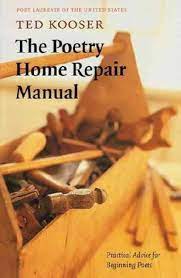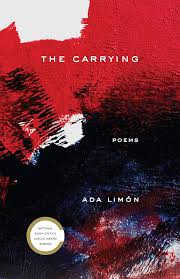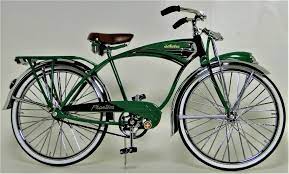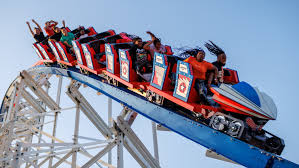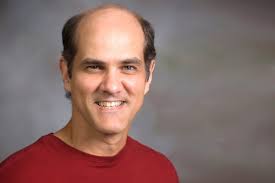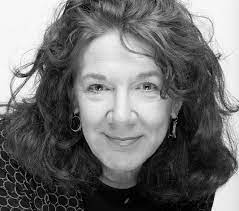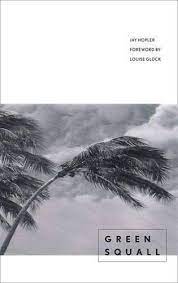
“They” say. But who are “they”? Often it’s nobody and everybody, but you can at least pin it down if an idiom is one familiar to your family.
Louis Jenkins’ poem “If It Was a Snake” plays on the idiomatic expression “If it was a snake, it would have bit you” to signify a lost object we are searching for that happens to be not only nearby but in the open for all to see.
Funny thing is, in my family, the saying doesn’t go that way at all. In my family, we say, “If it was a bear, it would bite you.” Maybe a regional thing, though I admit New England is home to both snakes AND bears (oh, my).
Using idiomatic expressions in your poetry is usually not advisable. The poetry powers-that-be will throw a flag on you, calling, “Cliché, ten yard penalty,” or something. But if the poem’s point hangs on the idiom, it’s a whole nother kettle of fish!
Anyway, for Jenkins, the snake part is important to the ending of his poem. See what I mean:
If It Was a Snake
by Louis Jenkins
You’ve lost something, your car keys, or your watch
and you have searched for what seems like hours. But
then suddenly it appears, right there on the table, not
two feet away. “If it was a snake it would have bit you,”
Mother said. That’s what you remember, a phrase,
an old saying. My sister said, “Grandma told me,
‘Never wear horizontal stripes, they make you look
fat.’ That’s one of the few things I remember about
Grandma.” Or the words disappear and an image
remains. I was getting a lecture from my parents
about riding my tricycle all the way downtown. I don’t
remember anything they said. I remember looking
out the window, it was just dark, and a block away
a man wearing a white shirt and a tie passed under
the streetlight and vanished into the night. That’s all.
Out of a lifetime, a few words, a few pictures, and
everything you have lost is lurking there in the dark,
poised to strike.
It’s a gamble, that last line. I call it a gamble when you separate a line at the end, making it an envoi in the same bleeding vein as Aesop’s morals. Sometimes it works wonders; other times it looks too self-consciously cutesy.
Here it is not separated from the body of the poem, but notice how Jenkins truncates the final line so that it’s visually unique from the others.
More noticeable to me, however, is how an anecdote about losing stuff and family sayings turns into commentary on memory’s quirkiness. We are all, Jenkins is telling us, a composite of hidden words, pictures, and images waiting to strike at any moment, sinking the two fangs of déjà and vu into our unsuspecting skins.
Ouch. I love it when life does that. It’s a poem, stupid, telling you to get writing….
***
Note: You can help me maintain this website and continue to write posts like this by purchasing one of my poetry collections available on the BOOKS page of this website. When it arrives, read it and give it a home on your bookshelf at home or — if you teach — in the classroom library. Thank you! — Ken C.

